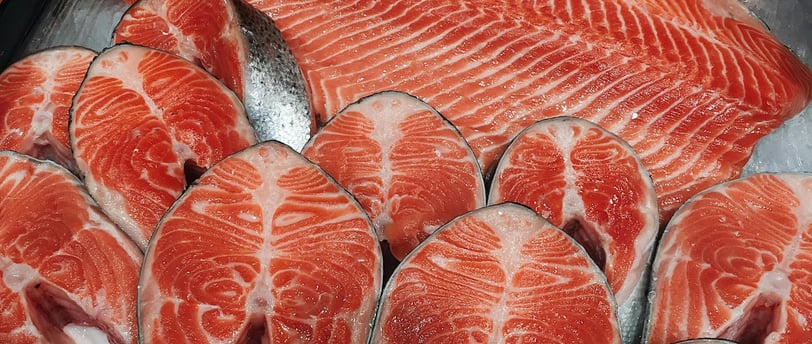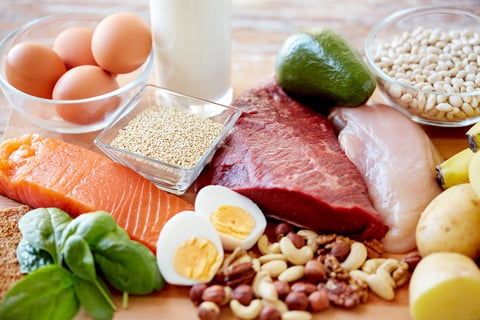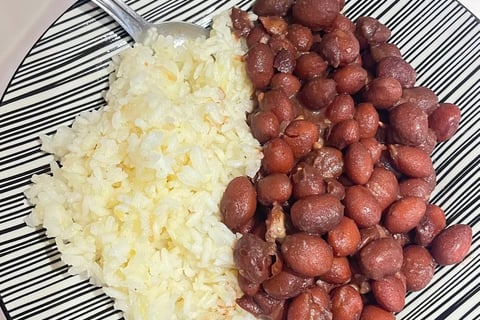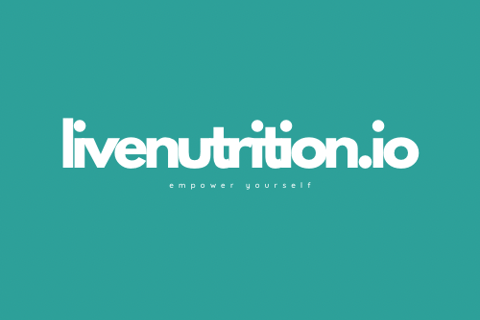Amino Acids & Natural Protein Sources
Amino acids are the foundation of protein, essential for muscle growth, immune function, and overall health. In this in-depth guide, we break down the importance of amino acids, their role in protein synthesis, and the best dietary sources to fuel your body.
LiveNutrition
2/9/20252 min leer


Amino acids are the building blocks of protein, essential for muscle growth, recovery, and overall body function. There are 20 amino acids, classified into three main groups:
1. Essential Amino Acids (EAAs)
These cannot be produced by the body and must come from food:
• Leucine (muscle protein synthesis)
• Isoleucine (muscle recovery, energy production)
• Valine (muscle growth, energy)
• Lysine (immune function, collagen production)
• Methionine (metabolism, detoxification)
• Phenylalanine (precursor to neurotransmitters)
• Threonine (digestive and immune health)
• Tryptophan (serotonin production, mood regulation)
• Histidine (tissue repair, immune response)
2. Non-Essential Amino Acids
The body can produce these, but they are still important:
• Alanine (energy production)
• Asparagine (nervous system support)
• Aspartic Acid (metabolism)
• Glutamic Acid (brain function)
• Serine (cell function, DNA synthesis)
3. Conditionally Essential Amino Acids
These are usually non-essential but become essential during stress, illness, or intense exercise:
• Arginine (circulation, nitric oxide production)
• Cysteine (antioxidant production)
• Glutamine (gut health, immune support)
• Glycine (collagen synthesis, detoxification)
• Proline (joint and skin health)
• Tyrosine (neurotransmitter production)


Best Natural Protein Sources
Animal-Based Proteins (Complete Proteins – contain all EAAs):
Eggs – High in leucine, great for muscle building
Chicken & Turkey – Lean, high-protein sources
Beef & Pork – Rich in iron, B12, and creatine
Fish & Seafood – Omega-3s + high-quality protein (salmon, tuna, shrimp)
Dairy (Milk, Greek Yogurt, Cheese) – High in casein & whey for muscle recovery


Plant-Based Proteins (Some are Incomplete, Need Combining):
Quinoa – One of the few complete plant proteins
Lentils & Beans – High in protein and fiber, but lack methionine
Chickpeas – Great for plant-based protein, pair with grains for balance
Tofu & Tempeh – Soy-based, complete proteins
Nuts & Seeds (Almonds, Chia, Flax, Sunflower) – Healthy fats + some protein
Whole Grains (Brown Rice, Oats, Buckwheat) – Combine with legumes for full EAA profile
Empowering you to control your food choices.
© 2025. LiveNutrition. All rights reserved.

